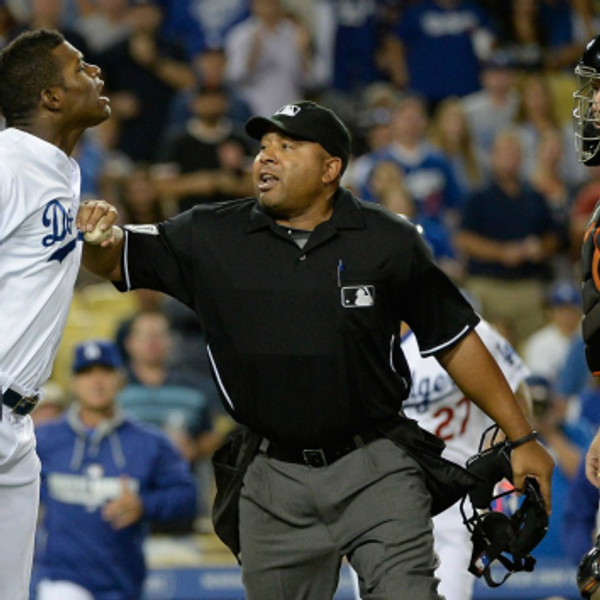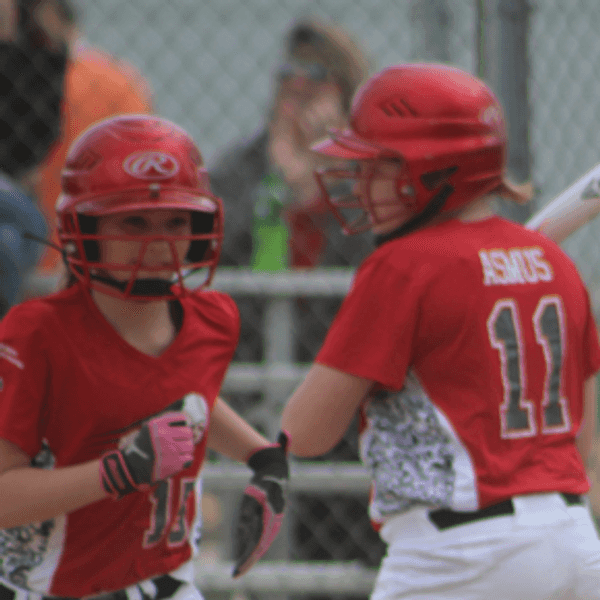Every baseball fan knows about the 2011 movie "Moneyball." It's the story of a washed up baseball player, Billy Beane, who becomes the general manager of the Oakland Athletics. After losing three star players at the end of the 2001 playoffs, Beane, with the help of Yale graduate Peter Brand, turned the Athletics around by using analytics and formulas to sign undervalued players. Beane and Brand had to make tough decisions, like firing a head scout and trading certain players, just so the coach would play the team the way Billy wanted him to. They ended up losing in the playoffs, but nevertheless, they won more games that year than the previous one. But like most movies based on real events, they don't make it completely accurate. Also, most people seem to misunderstand what "moneyball" really is.
First of all, Peter Brand does not exist. The real guy's name was Paul DePodesta. The movie shows how Beane and Brand broke down the departing players' attributes, and combed the market to find cheap players that had the attributes that were lost. Those three players that left were Jason Giambi, Johnny Damon, and Jason Isringhausen. The Athletics did win 103 games that year and went back to the postseason, but the moneyball was only one piece of a massive puzzle that contributed to their success for the next six years. Giambi, Damon, and another player named Olmedo Saenz, had a combined .364 on-base percentage in 2001. The plan was to replace them with Giambi's little brother Jeremy, a former Red Sox catcher, Scott Hatteberg, and an aging outfielder, David Justice. Combined, they had a .352 on-base percentage.
There's a huge flaw in this movie, though. It shows that there was a meeting with his scouts and he tells them to pick up these three players. Well, in real life, Jeremy Giambi was already on the team, and played in 124 games the year before. In fact, Jeremy Giambi had more playing time than Saenz, who he was supposedly "replacing." This shows that Beane and DePodesta never actually signed Giambi in the offseason, and the moneyball concept was not really used in that sense.
Another big flaw in the movie was that they portrayed Johnny Damon and Jason Isringhausen as very hard to replace, while they really were not. Johnny Damon had his worst year statistically in 2011, and Jason Isringhausen was just a closer that pitched about 71 innings. There's a statistic called "wins above replacement," which basically shows how many wins a certain player contributed by just being on the team. That year, Damon was a small 2.7 wins above replacement, making him the fifth-most valuable batter on the team. Isringhausen was only 2.2 wins above replacement, making him the Athletics' fifth-most valuable pitcher. As you can see, these were not huge blows to the team like the movie says.
The movie shows them replacing Isringhausen with Chad Bradford, but they really just traded Eric Hinske and a minor leaguer for Billy Koch, who was a perfect replacement for Isringhausen. In 2002, Koch pitched over 90 innings and matched Isringhausen's wins above replacement with 2.2. Most people think Hatteberg and Justice fully replaced Giambi and Damon, but they couldn't be any more wrong. In 2001, Giambi and Damon combined for 13 wins above replacement, while Hatteberg and Justice combined for just 4.1 in 2002. They did have a .375 on-base percentage, but did not come close to replacing Giambi and Damon.
So there were still 11.1 wins above replacement that need to be filled by someone, right? Well, kind of. The sad thing is, most of their success was just luck. But let's try to find where these extra 11 wins came from. John Mabry, whom Beane traded Jeremy Giambi for, went on a hot streak and added an extra two wins. So that's nine wins left unclaimed. While on the topic of trading, the movie shows just one phone call to trade Carlos Pena, but in reality it was a huge blockbuster trade involving three teams and seven players. But who contributed to those nine wins? Well, once again, it goes back to just luck. In the MLB, most teams win about half of the games that the winner wins by just one run. In 2001 the Athletics went 21-19 in one-run games, which is around what it should be. However, in 2002, the Athletics went an amazing 32-14 in one-run games. That's one clutch team. Or maybe just lucky.
To be completely honest, even if they didn't have Giambi and his 10 or so extra wins above replacement, if you subtract 10 wins from their records in the surrounding years, they would have won the American League wild card spot in 2001 and 2002, and the American League West Division in 2003. All those wins in 2001 didn't matter, because Seattle won 116 games, anyway. And winning the division instead of just the wildcard in 2002 didn't matter, since they were knocked out in the first round. In essence, the problem of replacing Jason Giambi becomes relatively unimportant.
The five most important players on the 2002 Oakland Athletics were as follows: Hudson, Zito, and Mulder, a great trio in the pitching rotation, Tejada won the AL MVP Award, and Chavez was a Gold Glover. None of those players came from Paul DePodesta's list of undervalued players to sign. This isn't to discredit DePodesta and Beane, because moneyball did help them win. Moneyball was simply a scheme to find the most undervalued players in baseball, and get the best play on the field for each dollar they were spending on them. Beane and DePodesta were professionals at finding these undervalued players, but they were also very skilled in the trade market. If either of these skills were absent in any of these seasons, you're not looking at a playoff team anymore. To say that moneyball was the whole reason behind their success is false, but to say it didn't help at all is also false.
The fact is, Beane used his expertise as a general manager and his skill on the trading block, combined with DePodesta's knowledge of finding cheap, undervalued players in the market, to achieve the best output on the field that the low-budget Oakland Athletics could afford. There was no re-inventing baseball entirely with sports analytics. But this story of the 2002 Athletics was just the basis of many more baseball organizations implementing this theory of "moneyball."
The movie is still worth a watch if you've never seen it, but remember, it's just a movie.





















